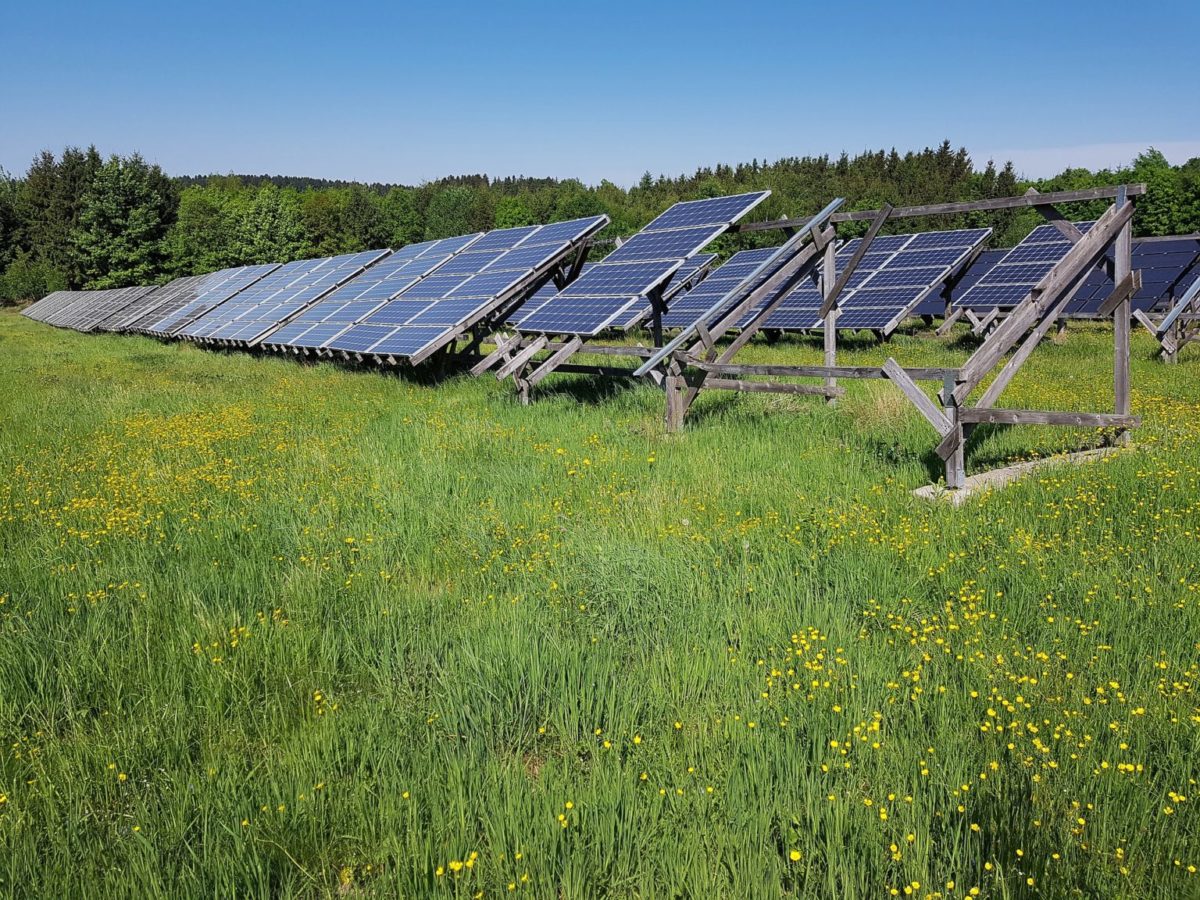The levelized cost of electricity (LCOE) of agrivoltaic projects with a 20-year term located in Germany currently ranges between €0.07 and €0.12 per kWh for an average value of €0.093 per kWh, according to the report Dual Yield on Arable Land: Guideline for Agrivoltaics published by the Fraunhofer Institute for Solar Energy Systems ISE.
The experts from the German research institute specified that the lowest LCOE of €0.0713 is for agrivoltaic projects linked to permanent crops with a low clearance height and that this cost is only by a third higher than that of common ground-mounted PV plants in Germany. “The cost estimate does not take into account that economies of scale in agrivoltaic systems with arable farming (and the tendency to larger field sizes) may result in a cost advantage compared to systems coupled with special and permanent crops,” the researchers explained. “This economic advantage should also apply to the fixed costs of the project planning, since grid connection, for example, is a key factor for the total fixed costs and therefore the overall economic viability for small systems.”
The scientists also explained that, if a proper regulatory framework is put in place, small agrivoltaic projects may also be viable when the generated energy or most of it is self-consumed. “At a commercial electricity price of 14 to 16 euro cents per kWh and a levelized cost of electricity of around 9 ct/kWh, for example, savings of 5 to 7 cents per kWh can be realized.”
According to the report, three main measures should be introduced in the German renewable energy legislation to enable the strong development of agrivoltaic projects: the recognition of agrivoltaics to maintain land subsidies for agricultural operations; the privilege for agrivoltaics to make approval processes easier; and the creation of specific tenders.
Horticultural applications are pointed out as the best suited for a market launch of agrivoltaics. “Reasons include the frequent close physical proximity of the growing area to the farmyard, the high synergy potential of the cultivated plants, the lower cost of supports, and the comparatively simple integration into the management methods for permanent crops,” the German researchers stated.
The guidelines describe the advantages and opportunities of agrivoltaics and provide a review of its current development. Practical advice on how to deploy agrivoltaic projects is also given to farmers, municipalities and companies. The guide was created with the support of experts from the Karlsruhe Institute of Technology (KIT), the University of Hohenheim, the Weihenstephan-Triesdorf University of Applied Sciences, German renewable energy company BayWa r.e. and the law firm Becker Büttner Held Rechtsanwälte (BBH).
Sustainability in solar and storage
In May, pv magazine launched the UP sustainability initiative. Our goal is to dive deep into the topic of what it means to be truly sustainable, looking at what is already being done and discussing areas for improvement. In addition to quarterly themes on issues such as lead in solar and green finance, we have looked at biodiversity, sustainable flying and raw material sourcing in batteries. Read more, stay tuned and get involved! Check out our quarterly themes and UP coverage to date.
This content is protected by copyright and may not be reused. If you want to cooperate with us and would like to reuse some of our content, please contact: editors@pv-magazine.com.




2 comments
By submitting this form you agree to pv magazine using your data for the purposes of publishing your comment.
Your personal data will only be disclosed or otherwise transmitted to third parties for the purposes of spam filtering or if this is necessary for technical maintenance of the website. Any other transfer to third parties will not take place unless this is justified on the basis of applicable data protection regulations or if pv magazine is legally obliged to do so.
You may revoke this consent at any time with effect for the future, in which case your personal data will be deleted immediately. Otherwise, your data will be deleted if pv magazine has processed your request or the purpose of data storage is fulfilled.
Further information on data privacy can be found in our Data Protection Policy.